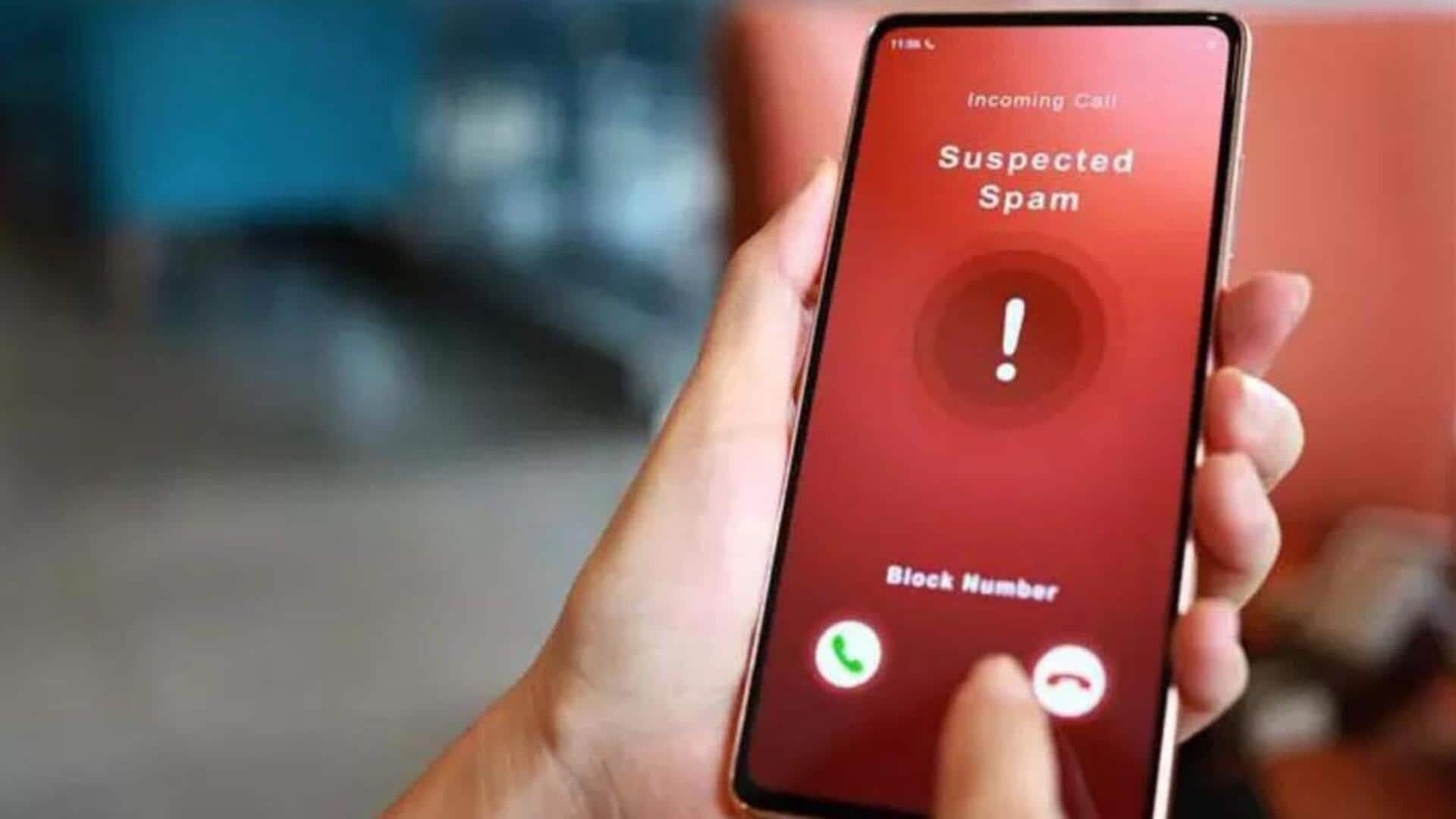
Can Airtel's innovative plan put an end to spam calls?
What's the story
Bharti Airtel's CEO, Gopal Vittal, has proposed a collaborative approach among Indian telecom operators to combat the growing issue of spam calls and messages. In a letter addressed to the heads of Reliance Jio, Vodafone Idea (Vi), Bharat Sanchar Nigam Limited (BSNL), and Tata Teleservices, Vittal suggested a system for sharing details of corporate connections used for commercial calling. This initiative aims to monitor and prevent potential misuse of these connections.
Collaboration call
Airtel CEO's letter to telecom rivals
Vittal's letter, which was exclusively accessed by ET, was sent to Reliance Jio MD Pankaj Pawar, Vi CEO Akshaya Moondra, BSNL CMD Robert Ravi, and Tata Teleservices MD Harjit Singh Chauhan. In it, he suggested that data could be shared monthly in a template format among the companies. "We are ready to take the first step and share the data (entity name and active numbers only) in the same template on a monthly basis," Vittal stated.
Rising concern
Telecom industry's struggle with spam and phishing
The telecom industry has historically been reluctant to share such sensitive data due to financial implications. However, the increasing prevalence of spam and phishing calls has necessitated new strategies. Industry data reveals that in India alone, between 1.5-1.7 billion commercial messages are sent daily, amounting to approximately 55 billion every month. A survey by Local Circles indicated that six out of 10 consumers receive three or more spam calls each day, primarily from financial services and real estate sectors.
Anti-spam efforts
Government's measures and Airtel's proactive approach
In response to the spam issue, the government has directed telecom companies to disconnect entities using bulk connections for such activities. Over the past two weeks, 350,000 numbers have been blocked and 50 entities blacklisted. The Telecom Regulatory Authority of India (TRAI) recently requested telecom companies to share information on these blacklisted entities. Airtel has taken this initiative further by urging collaboration in sharing data on all corporate connections to prevent unsolicited commercial communications (UCC), commonly known as spam.
Joint action
Vittal emphasizes collective responsibility in letter
In his letter, Vittal emphasized the need for collective responsibility among telecom operators to prevent UCC. He stated that tackling this issue should be a joint endeavor rather than isolated efforts. "Telecom operators must take 'collective responsibility' in preventing UCC by ensuring that their networks are not exploited by spammers, especially through corporate connections," he wrote. This coordinated approach would allow them to collectively monitor and prevent misuse of these connections while ensuring legitimate enterprise services are not impacted.